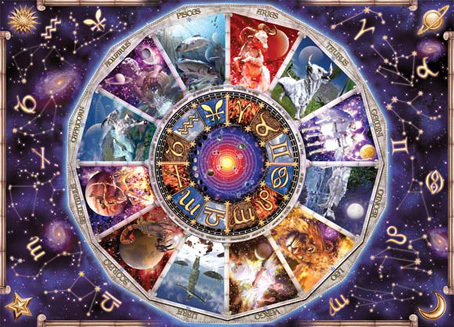
‘Flakiness is becoming a societal scourge,’ say researchers
By Rebecca Peterson, Humour Editor
A study out of the Institute of Doings, Going-ons, and Findings (IDGAF) found that the act of cancelling plans lit up the same pleasure centers of the brain as a strong hit of crack cocaine.
“It was actually kind of rad, if a little disturbing,” said the lead researcher on the project, Dr. Filibuster Brown. “One of our first subjects was due to go out for coffee with a male co-worker she didn’t know very well, so we had her call in sick. And bam! It was like fireworks going off inside her cranium.”
The release of endorphins caused by the absolute relief of suddenly not having to do a thing is described as a “powerful high” by those who seek the effect often.
“Imagine that feeling of like, finally getting home after a long day of having to smile and socialize and pretending that you don’t want to set your bra on fire and never wear it again—only, you don’t have to go anywhere to achieve it,” said one subject who wished to remain largely anonymous, save for their initials: R.P. “I mean, there’s that tinge of guilt, too, and that moment of thinking you’re a horrible person. But then you think of how comfy your bed is, and how you just bought a tin of hot chocolate, and you found out last night that Merlin is on Netflix… What I’m trying to say is, the guilt is pretty easy to get over.”
The high doesn’t come without a price, however.
“It’s addictive,” said Dr. Brown. “In fact, it’s disturbingly addictive. I mean, this is something that’s great in small doses, especially for people with social anxiety, high stress, or a general introverted nature. But we have seen some disturbingly extreme cases.”
“I’ll do anything to chase that high, these days,” said another subject, who preferred to remain entirely anonymous. “Like with any drug, you develop a tolerance over time. You’re looking for a bigger pay-off, you know? Before I wound up here, I actually planned an entire wedding, just so I could cancel it last minute and stay home to have a bubble bath and a Downton Abbey marathon… God, that was the best goddamn bubble bath I’ve ever had…”
“Much of the damage, of course, is in how it affects other people,” said Dr. Brown. “It’s a mixed basket. Some people equally appreciate having plans cancelled on them, because they’re able to enjoy a similar high without the guilt. But in terms of common decency, you know, most people prefer it if you actually show up to the things you have committed to.”
There are treatment programs in development for chronic plan cancellers, but in the meantime, it’s suggested that those who suffer from this addiction learn to recognize their limitations.
“The best thing you can do for yourself is to not book yourself in for things you don’t actually want to do,” Dr. Brown said. “Unfortunately, people seem to feel way guiltier about scheduling free time for themselves than they do about scavenging it last minute. Until we solve that, we’re likely to see many more people succumbing to this addictive habit.”

